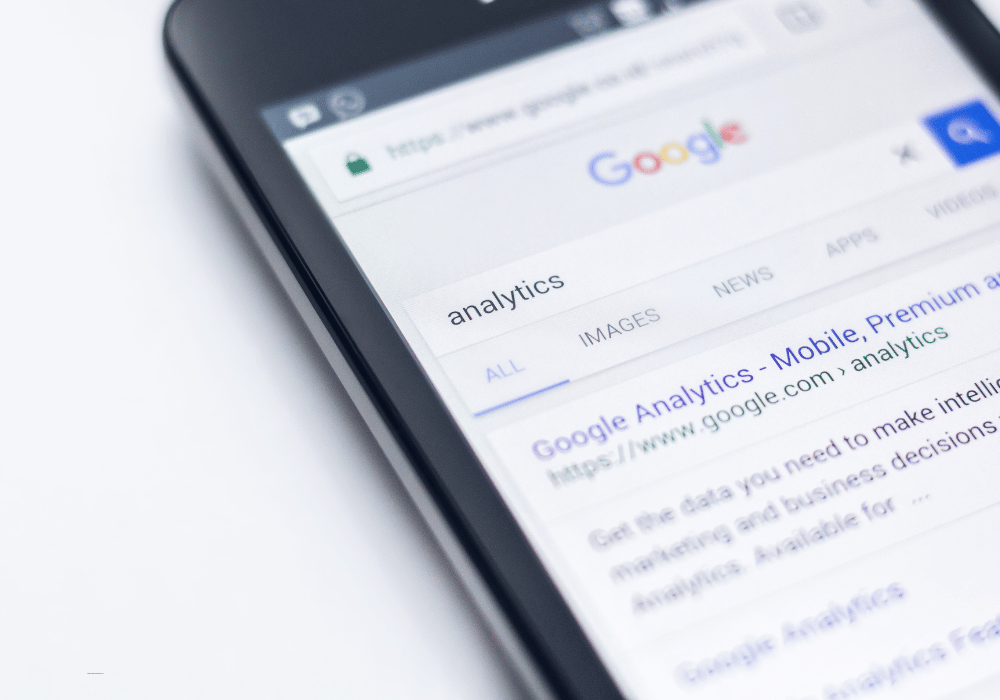Driving traffic to your website often comes down to two key strategies: organic search and paid search. Both are integral to search engine marketing, but choosing the right approach isn’t always straightforward. With more than 3.5 billion Google searches conducted daily, mastering these strategies can help you connect with your target audience efficiently while maximizing your ROI.
What Are Organic Search and Paid Search?
Organic Search
Organic search refers to the unpaid listings that appear on a search engine results page (SERP). These rankings are achieved by optimizing your website’s content, structure, and relevance to specific search queries using Search Engine Optimization (SEO). Google’s algorithm considers multiple factors, including keywords, backlinks, mobile-friendliness, and user experience, to determine how websites rank for specific searches.
Creating relevant, well-optimized content significantly increases the likelihood of your page ranking at the top of organic search results.

Paid Search
Paid search, also known as Pay-Per-Click (PPC) advertising, involves paying for advertisement slots on a SERP. Businesses bid on keywords relevant to their offerings, and Google Ads (or other platforms) displays these ads in prominent positions on the results page. Each time a user clicks on the ad, the advertiser pays a fee.
Paid search results are typically flagged with a label like “Ad” and appear either at the top or bottom of the Google search results page.
Benefits of Organic Search
1. Cost-Effective Traffic
Organic search does not require an upfront payment for clicks. Instead, it relies on creating high-quality content and maintaining a well-optimized website. Once your content ranks well, it can continue bringing in traffic without additional costs.
2. Credibility and Trust
Organic search results are generally more trusted by users than paid advertisements. Appearing in organic search makes your business look credible and authoritative, which can positively influence customer perception.
3. Long-Term ROI
While SEO takes time, its benefits compound over time. Once you achieve strong rankings, the continued traffic becomes essentially free, offering an excellent long-term ROI.
4. Broader Search Coverage
Organic search encompasses a range of user intents, including informational, navigational, and transactional purposes. It allows you to target top-of-funnel queries as well as buyer-ready keywords, making it ideal for a holistic content strategy.
5. Supports Other Channels
Organic search integrates seamlessly with other marketing channels. For example, blog posts that rank well in search can be repurposed for social media or email campaigns.
Drawbacks of Organic Search
- Time-Intensive: It can take months to build and execute an effective SEO strategy that yields results.
- Algorithm Risk: Search engine algorithms update regularly, which may affect your visibility.
- Need for Expertise: Successful SEO often requires technical expertise, content creation skills, and ongoing optimization efforts.
Benefits of Paid Search
1. Instant Results
One of the key benefits of paid search is webpage speed. Once your ad campaign goes live, it starts driving traffic immediately. If you’re promoting a time-sensitive offer, this speed is invaluable.
2. Precise Targeting
Paid search allows you to target specific demographics, locations, devices, and even times of day. This precision helps ensure your ads are shown to the right audience.
3. High Visibility
Paid ads appear at the top of search results, making them highly visible even ahead of high-ranking organic listings.
4. Actionable Data
Paid campaigns offer detailed performance data, including click-through rates (CTR), impressions, and conversion rates. This data can be used to refine campaigns or even improve organic SEO efforts by identifying high-performing keywords.
5. Flexible Budgeting
With paid search, you have control over your ad spend. Whether you want to start small or invest heavily, platforms like Google Ads provide the flexibility to match your budget.
Drawbacks of Paid Search
- Costly for Competitiveness: Bidding on popular keywords can quickly become expensive, especially if your competitors have larger ad budgets.
- Short-Term Impact: Paid search only generates traffic while your campaign runs, making it unsuitable for businesses seeking long-term growth.
- Ad Fatigue: Repeated exposure to the same ad may lead users to ignore or reject it, reducing its effectiveness.
Organic vs Paid Search Comparison
| Feature | Organic Search | Paid Search |
|---|---|---|
| Cost | Free traffic after SEO investment | Pay-per-click (Cost varies by keyword) |
| Time to Results | Several months | Immediate |
| Longevity | Long-term | Short-term while campaigns are active |
| User Trust | High | Moderate due to “Ad” label |
| Analytics | Limited | Comprehensive |
| Targeting Options | Broader visibility | Precise targeting by demographics |
Which Approach Is Right for You?
The choice between organic and paid search depends on your business goals, timeline, and budget. Consider the following:
Go For Organic Search If:
- You’re looking for long-term visibility and ROI.
- You want to build brand trust and authority.
- You’re prepared to dedicate time and resources from the start.
Choose Paid Search If:

- You need fast results or have a time-sensitive promotion.
- Your budget allows you to compete for highly sought-after keywords.
- You aim to target highly specific audience segments.
Combine Both Strategies For Best Results
The most effective approach for businesses often blends organic search strategies with paid search efforts. Paid ads can quickly drive traffic to a new product page, while SEO helps establish lasting organic rankings over time. Together, these approaches create a balanced marketing plan, delivering immediate results while building sustainable growth for the future.
Both organic and paid search are powerful tools to help your business grow. Rather than viewing them as competing strategies, treat them as complementary. By leveraging the strengths of each, you can create a search marketing strategy tailored to your business goals. Contact Orbit Optimizations to learn more about how search engine optimization or PPC ads can boost your business.

